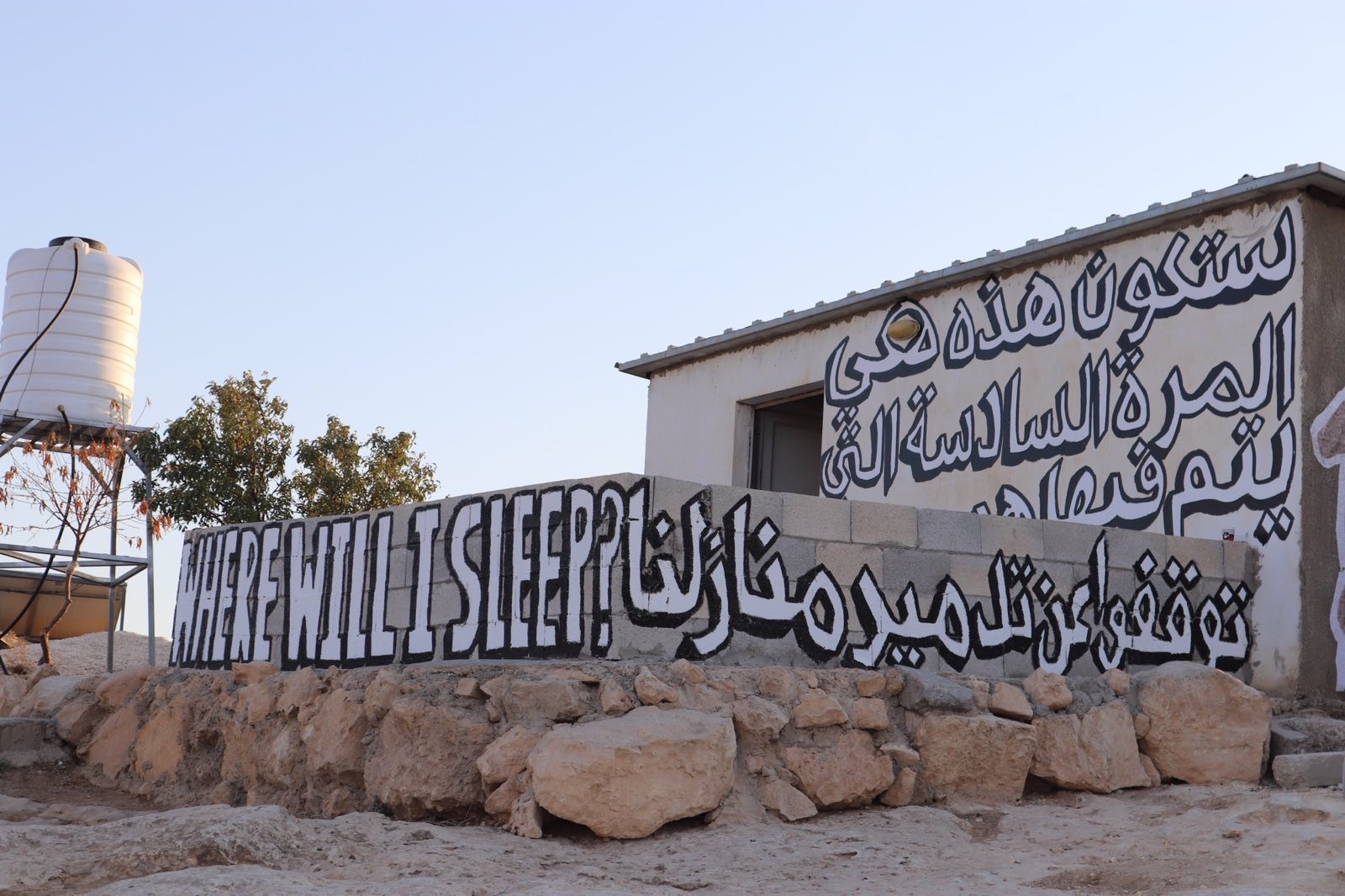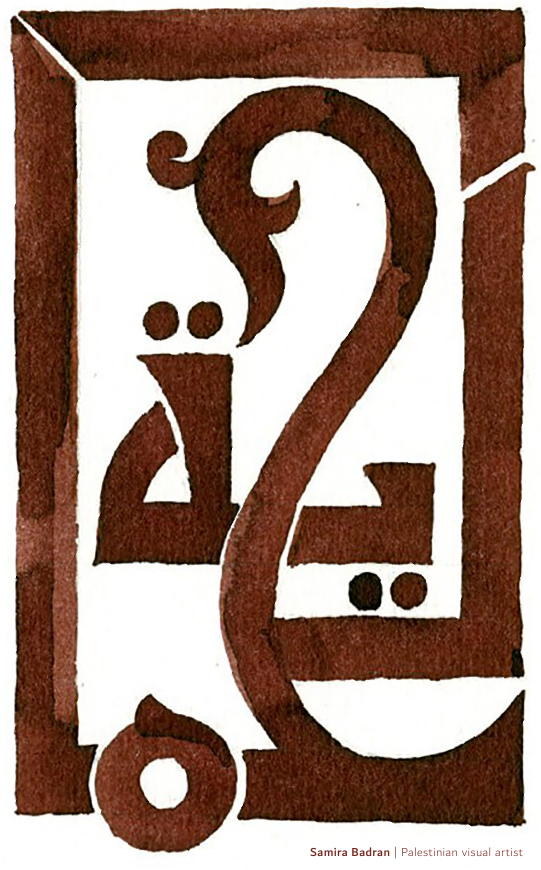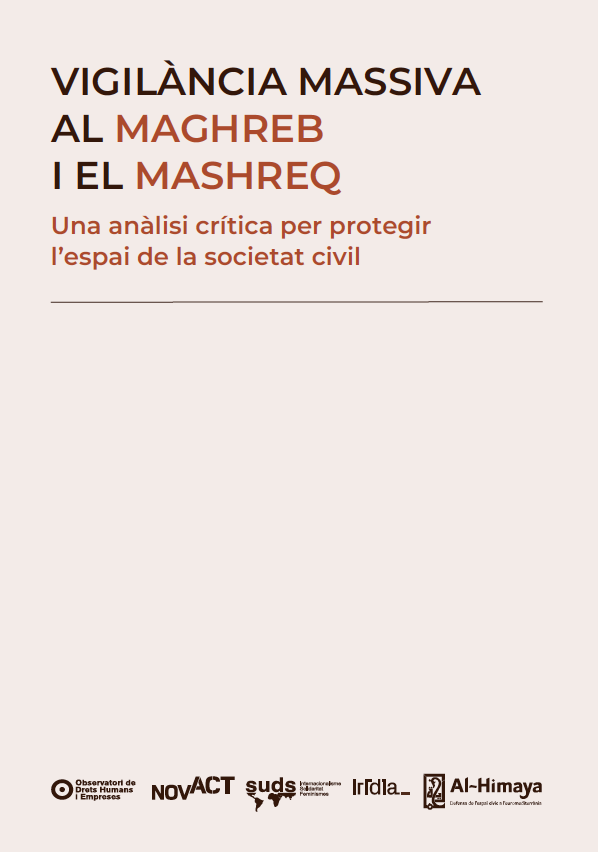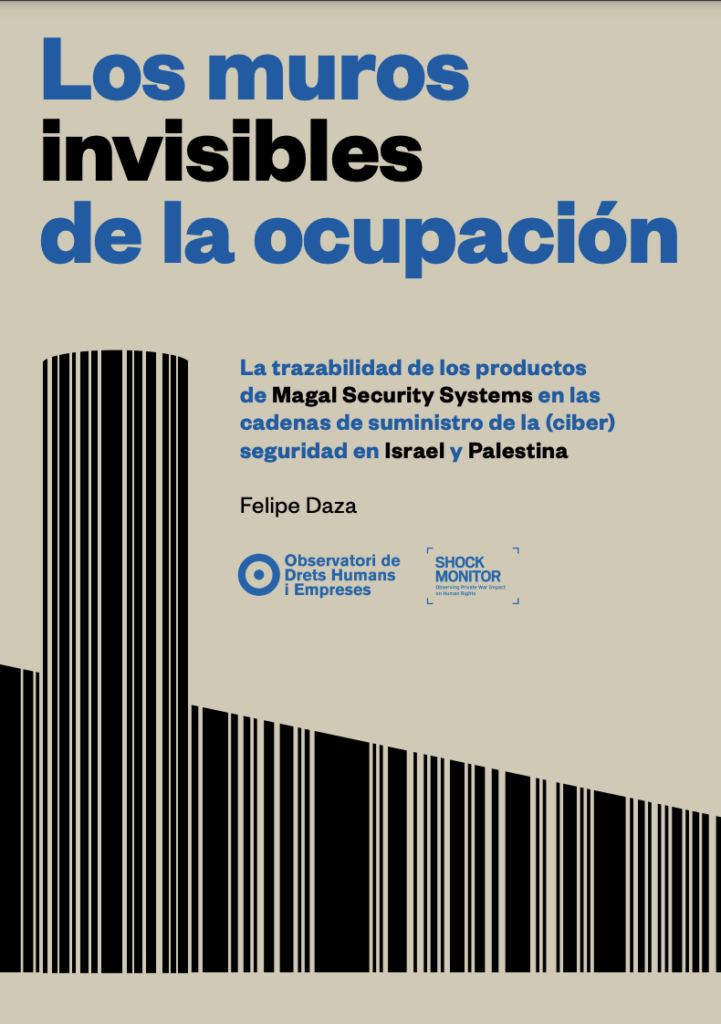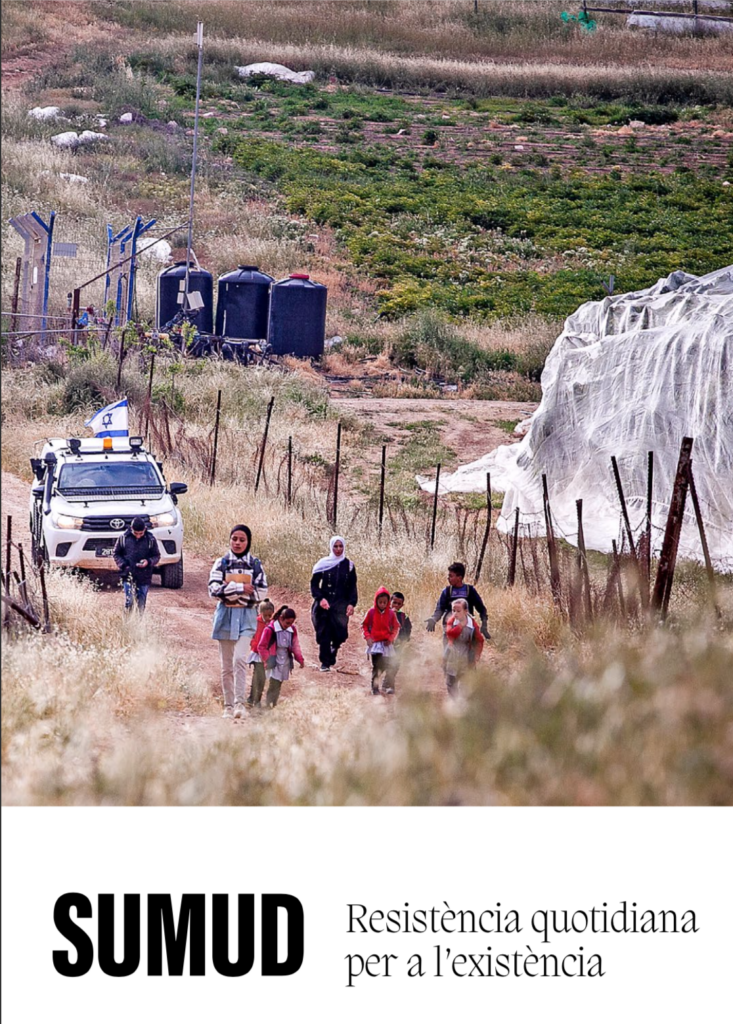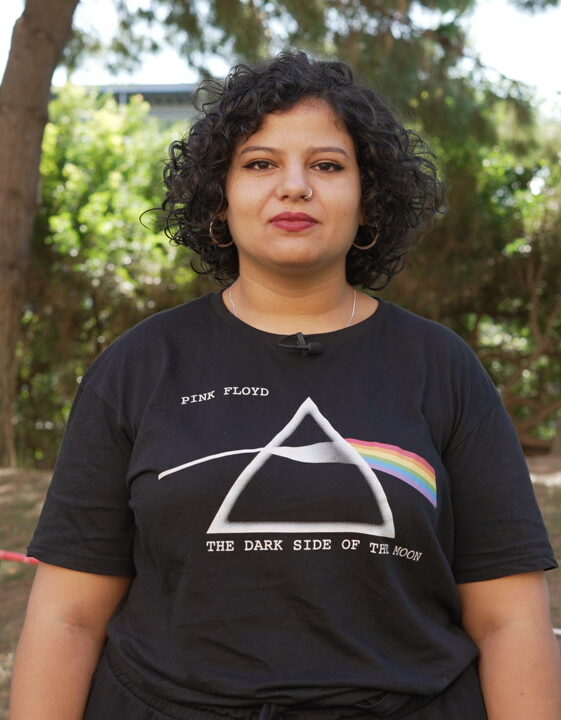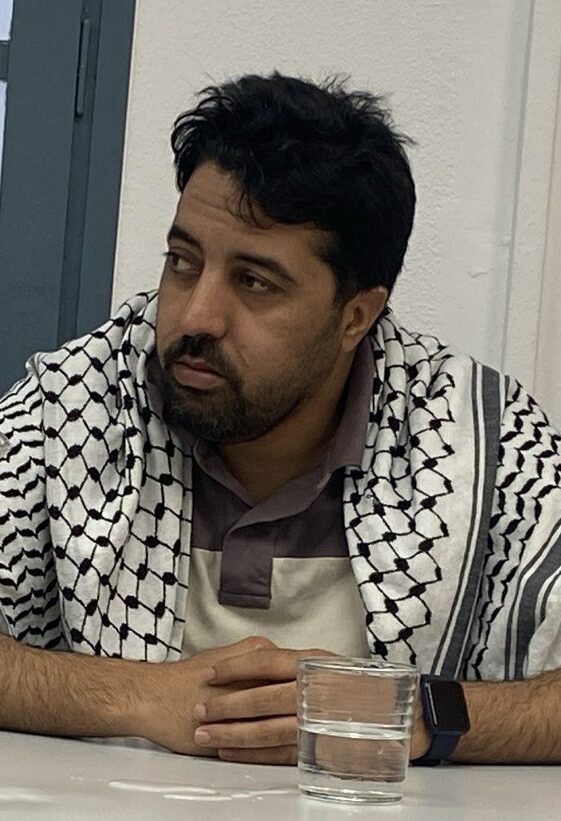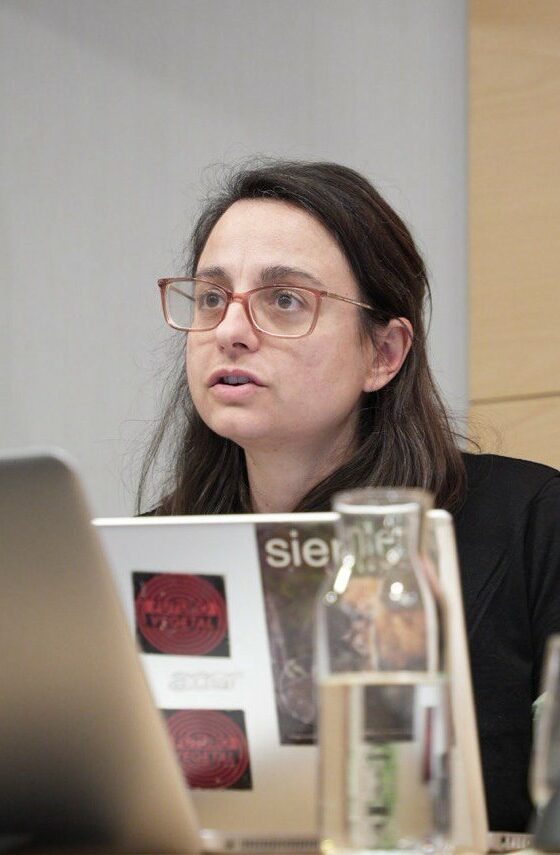Repression

We have been talking about the issue of facial recognition for many, many years because it has been used against us, especially against the people of Jerusalem. For a long time, we have been detained at Damascus Gate, for example, because of facial recognition and cameras.
Nowadays, everyone is talking about it, but this continues to happen in Palestine first, before it spreads to other places. This creates a connection between oppressors but also fosters a connection of shared struggles. That is why we are invested in shared struggles between peoples, between oppressed communities.
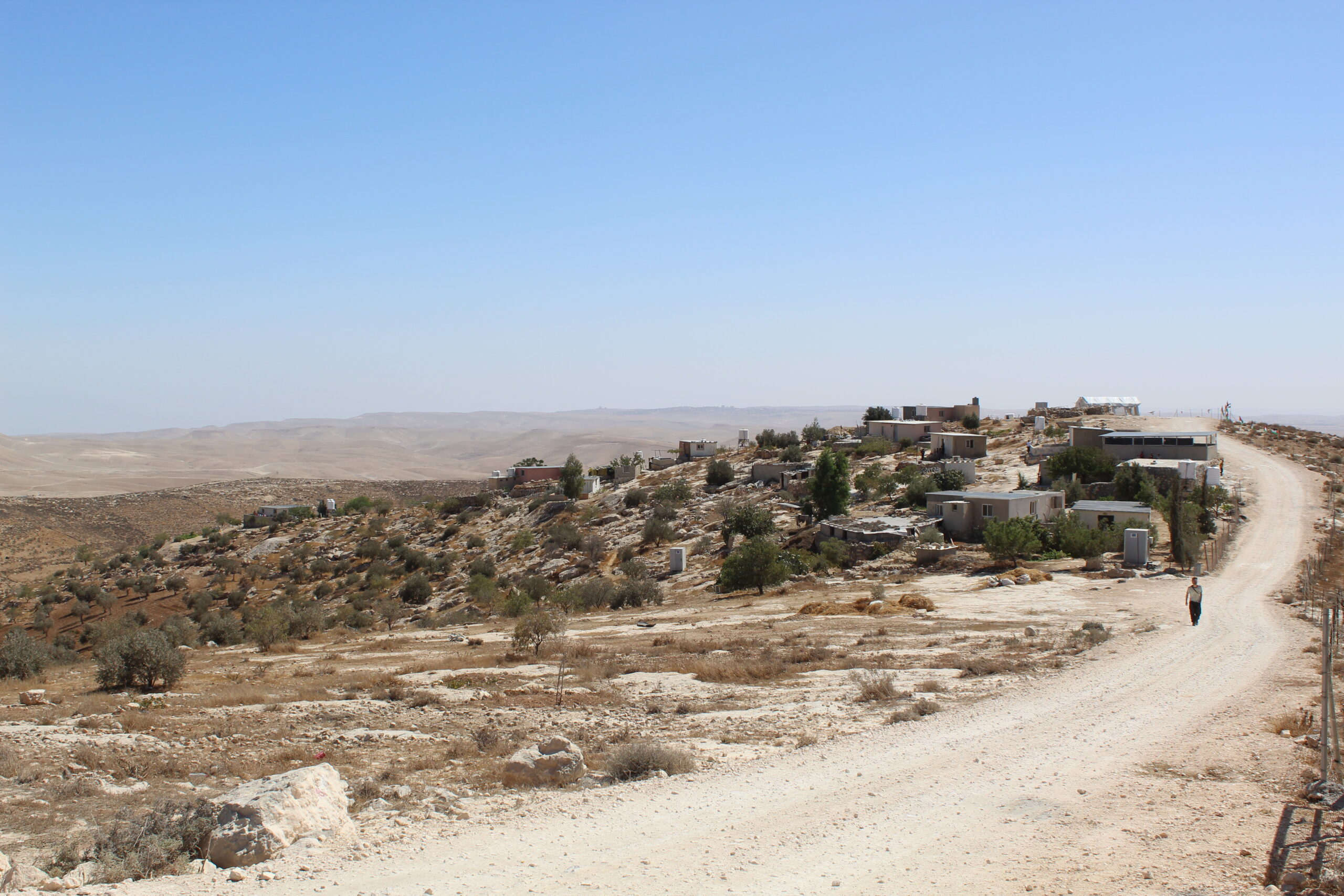
Impacts
The occupation of Palestine, led by its oppressors, has always sought to divide the struggles of the people. This has been evident from the beginning: the goal is to isolate people’s struggles as much as possible, leaving everyone to fend for themselves, without any coordination, without any common ground, and without any alignment between these struggles.
This has had a significant impact on the Arab world, especially after 2011, with what is known as the Arab Spring.
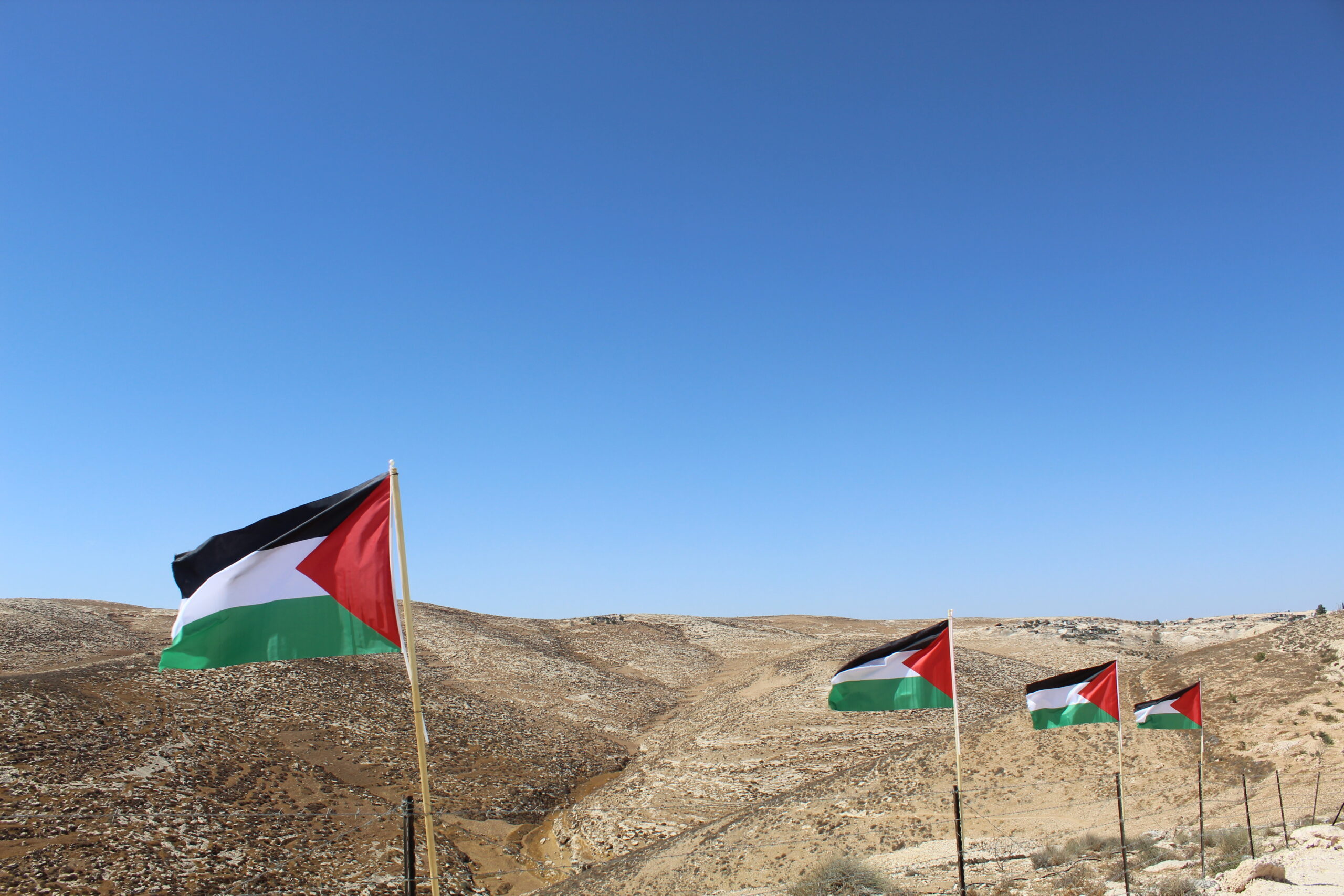
How are they protected?
We are working on the issue of uniting Palestinians in Europe and engaging with the Palestinian diaspora. We are considering how we can be effective in supporting those inside Palestine, collaborating with all allies both at the European and global levels, and how we can advance the issue of international solidarity. Because, for me, I am convinced that this solidarity is also part of the means of struggle for the Palestinian people.
